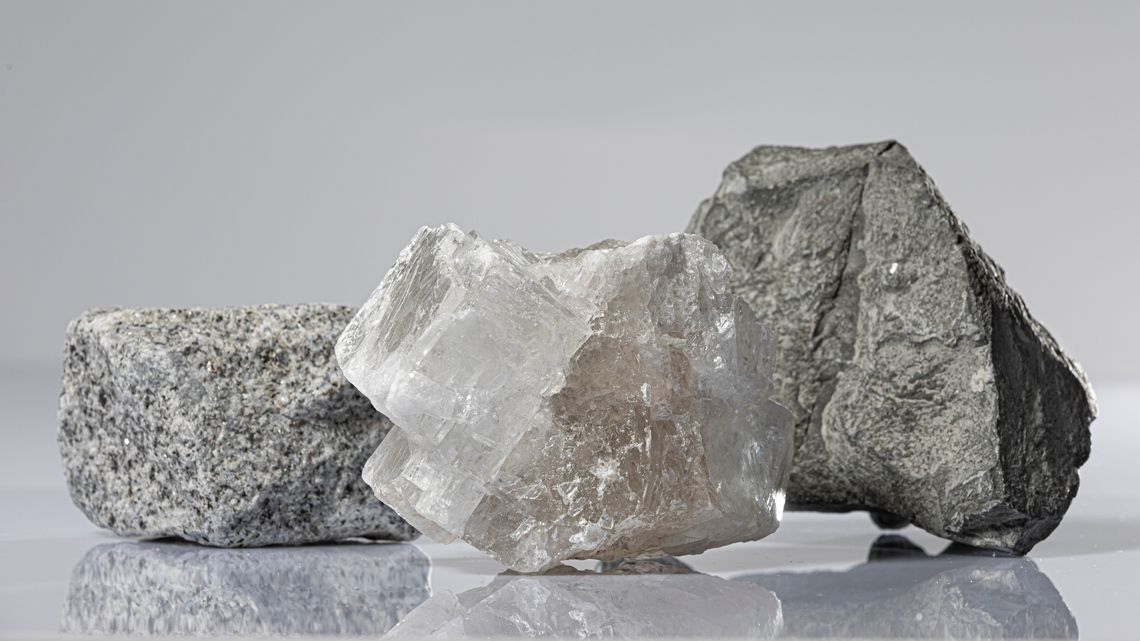
ASteRix
Implications of the safety requirement for retrievability on existing disposal concepts and requirements for new concepts
In the ASteRix project, the implications of the "Safety Requirements for the Disposal of Heat-Generating Radioactive Waste" from September 2010 on repository concepts were examined. Initially, a legal assessment determined that due to the binding nature of these safety requirements for the applicant (currently BfS), they also represent a licensing requirement because they constitute a kind of specifying administrative regulation with detailed requirements for granting approval under the Atomic Energy Act (AtG). Requirements for ensuring retrievability were derived for the three host rocks considered in Germany - salt rock, claystone, and crystalline rock. Host rock-specific requirements arise particularly for the mining measures to carry out retrieval. Based on a review of known repository concepts regarding retrieval, it was generally found that the disposal concept of drift disposal in salt can be maintained without significant changes (approach: remine concept). A similar assessment was also derived for the concept of disposal of transport and storage containers (TSCs). For borehole disposal, retrievability can be achieved through a series of technical adjustments in the disposal concept (casing, adapted canister). For a repository in claystone, expanding the mine workings to ensure retrievability is unavoidable. Interactions between excavation and reopening of the drifts need further examination. Retrieval from a repository in granite rock is generally possible due to favorable rock mechanical properties.
Contact
Research & Development
info@bge-technology.de
Short Infos
Runtime: 2012 - 2013
Client:
Bundesministerium für Umwelt, Naturschutz, nukleare Sicherheit und Verbraucherschutz (BMUV) vertreten durch das Karlsruher Institut für Technologie, beauftragter Projektträger Karlsruhe PTKA
Funding Code:
02E11112

